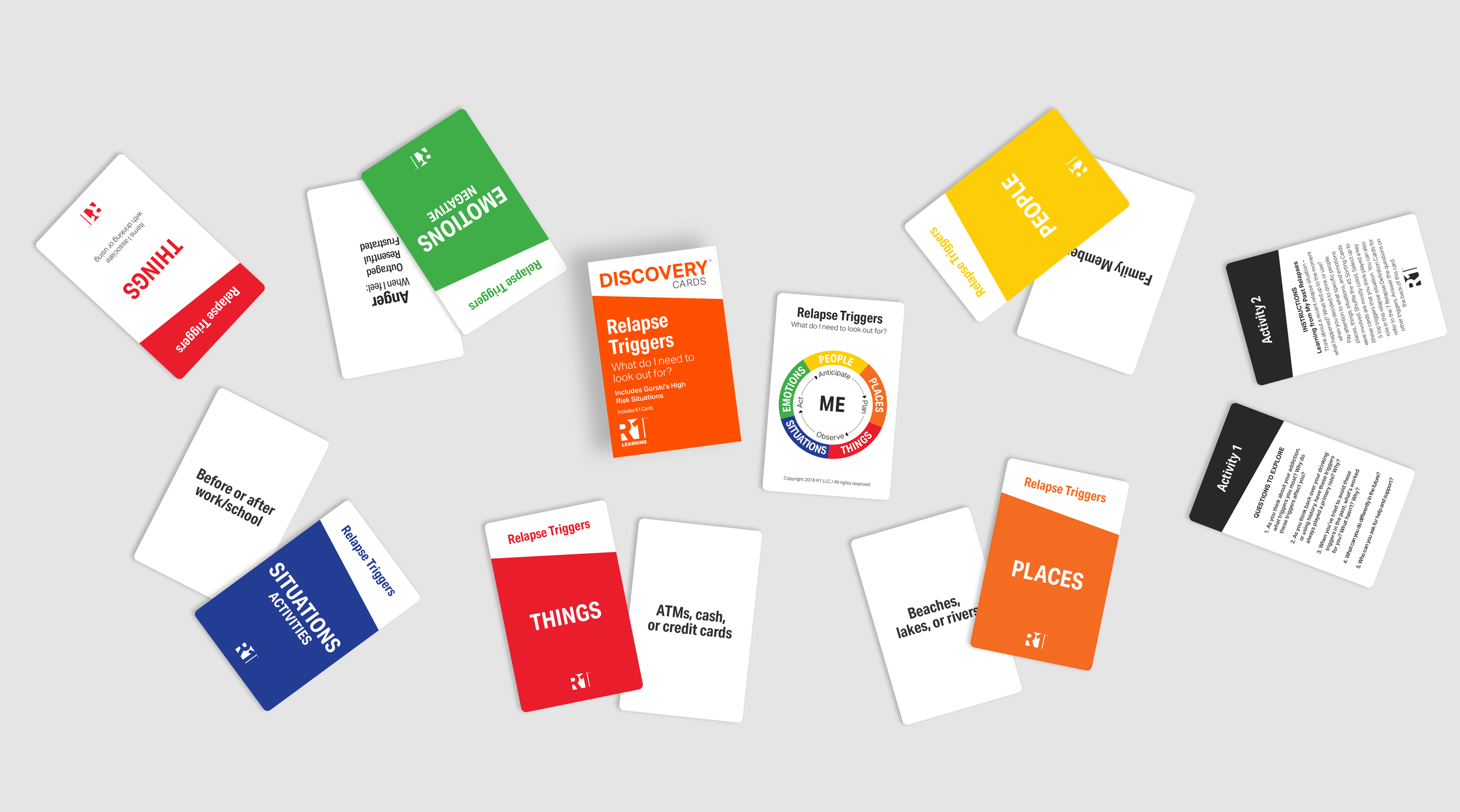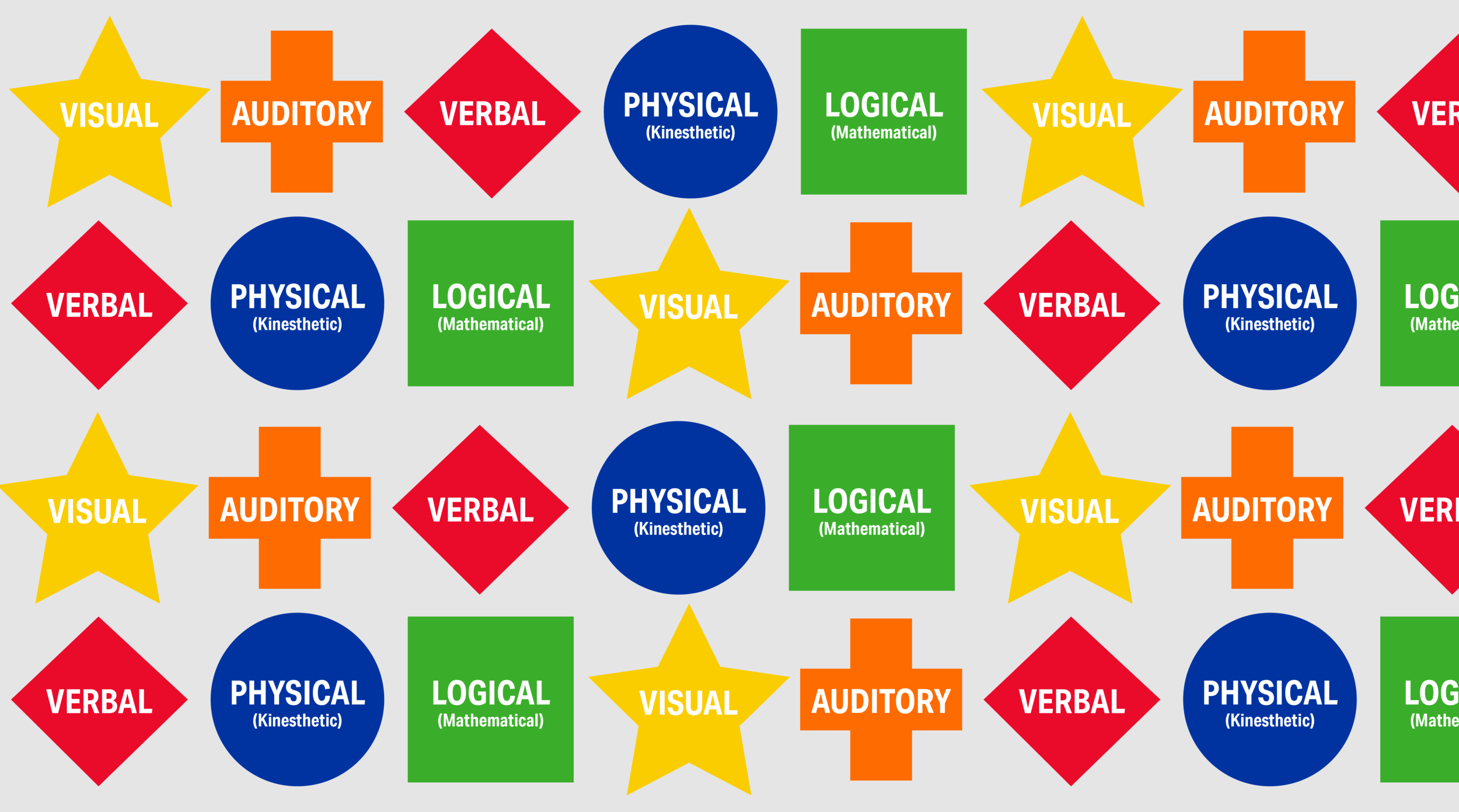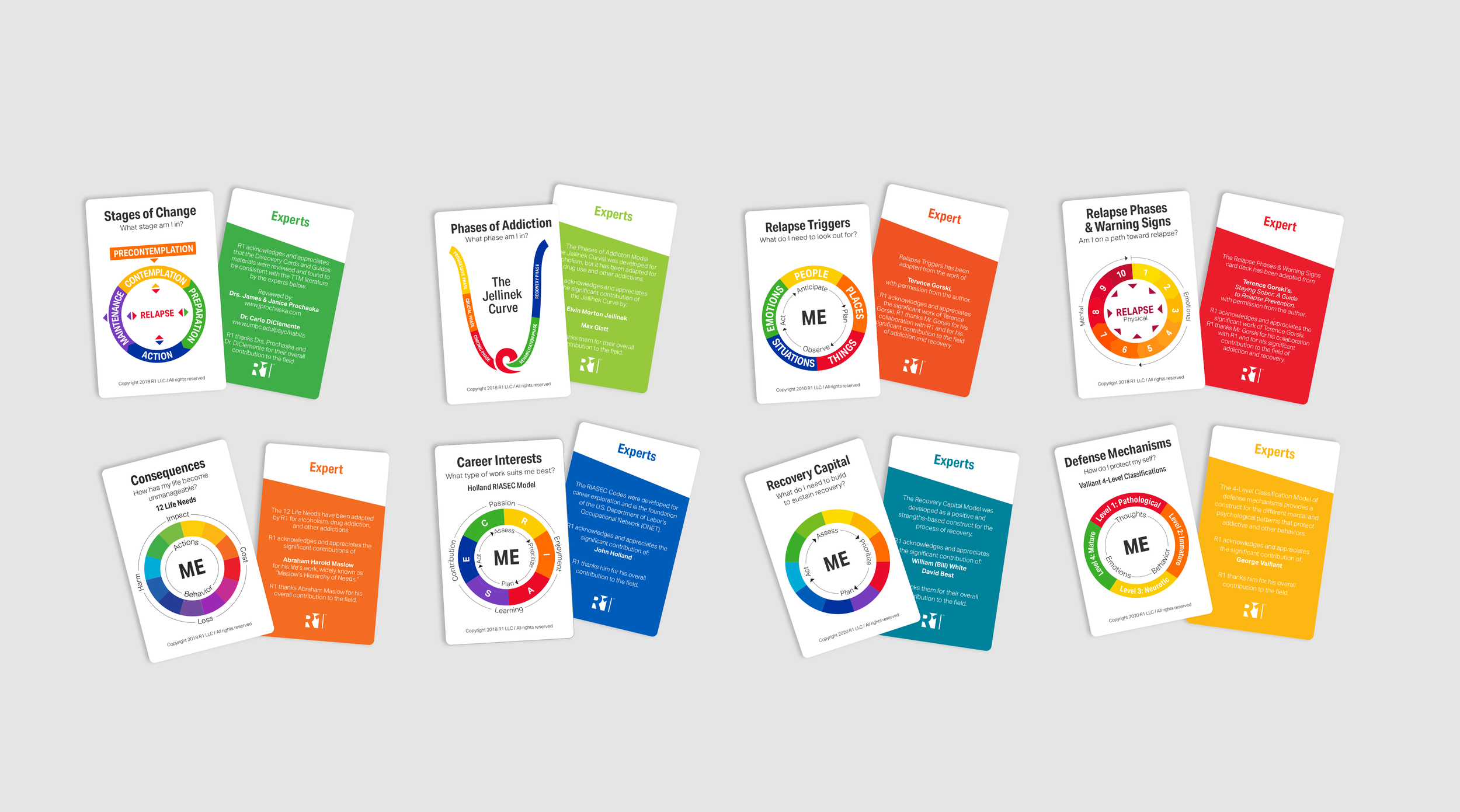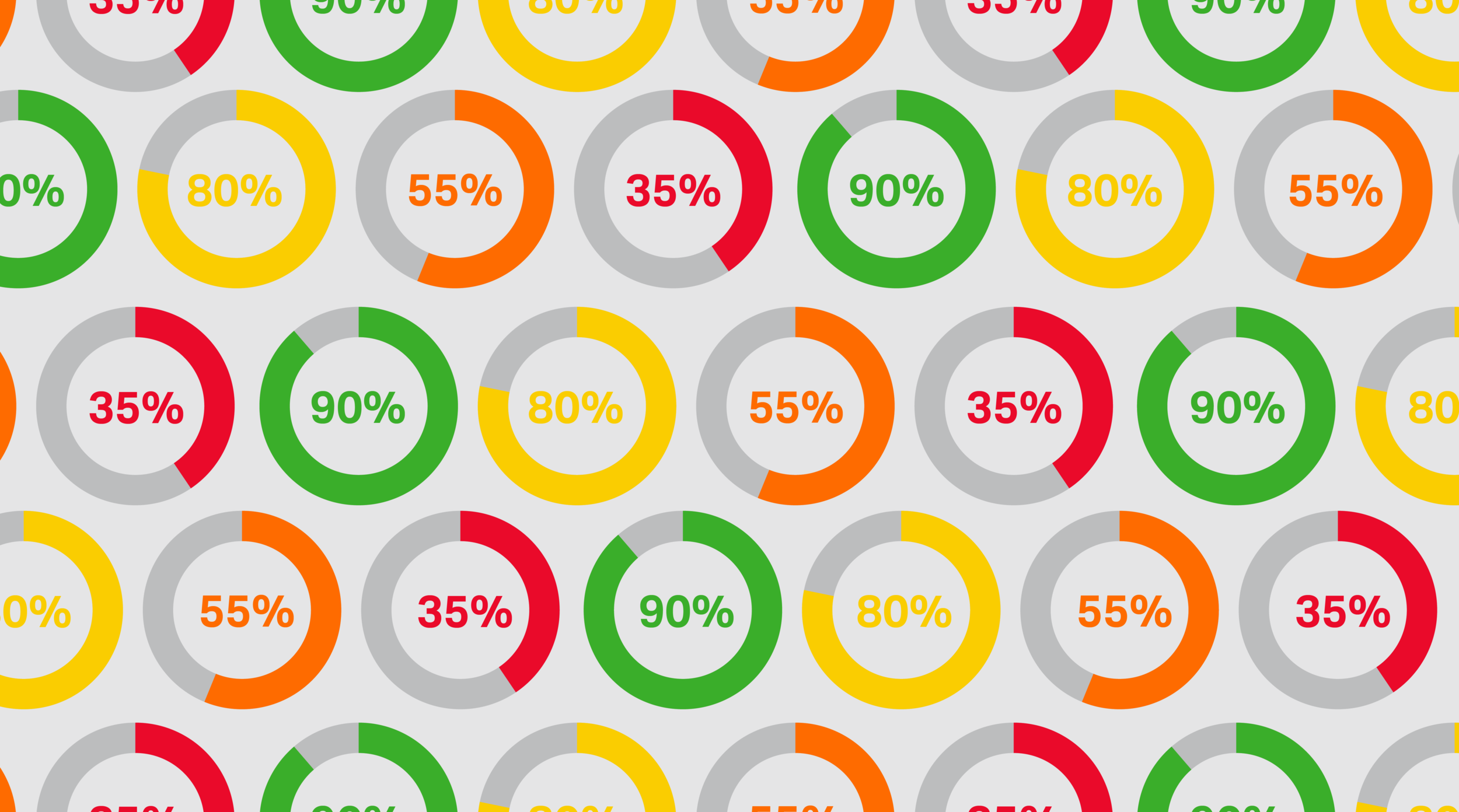Engagement: We are all about engagement – learning through self-discovery, creating an emotional connection and commitment to oneself and others, making choices, and taking action toward healthy and meaningful change.
The R1 Learning System provides evidence-based and best practice tools and training that increase the knowledge, skills and effectiveness of practitioners in the field. Here is why our focus on learning, building vocabulary, and providing innovative hands-on activity-based tools increases engagement and are our key differentiators.








